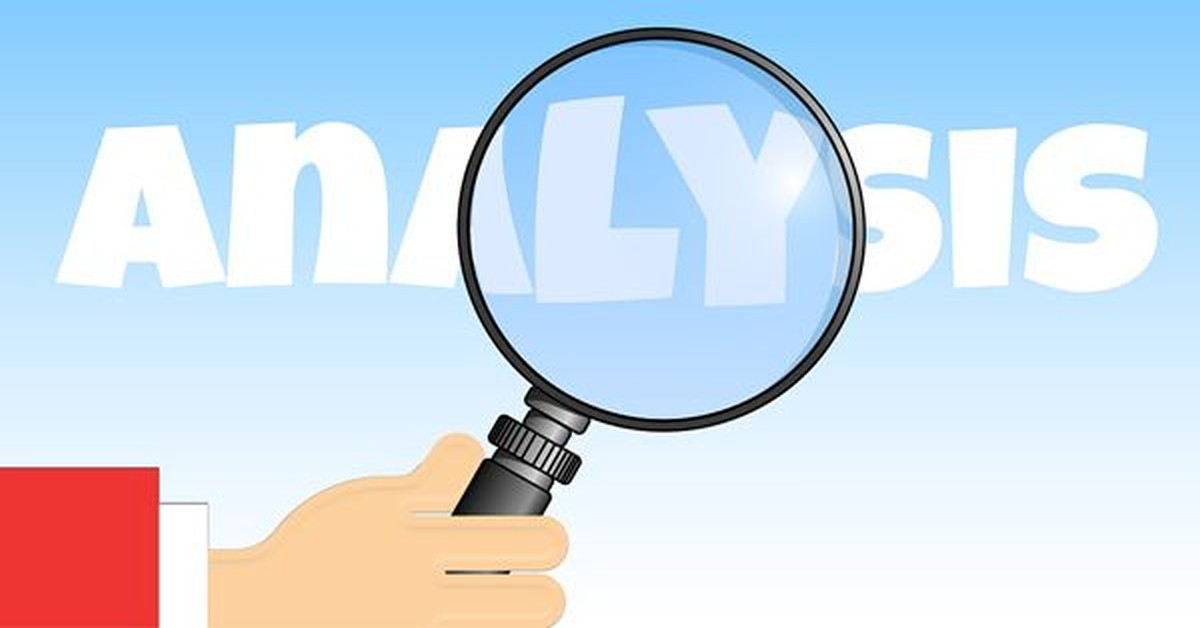New Tax Regime
- Taxable Income Up to Rs 7.27 lakh: Taxpayers earning up to Rs 7.27 lakh are not required to pay any tax under the new tax regime. This includes a marginal relief of up to Rs 27,000, achieved through a Rs 25,000 rebate under the Finance Act, 2023.
- No Deductions: In the new tax regime, taxpayers are not allowed to claim deductions under various sections of the Income Tax Act, such as Section 80C, 80D, and 80CCD. This regime aims to simplify the tax filing process by eliminating the need to compute deductions.

Old Tax Regime
- Slab Rates: Under the old tax regime, income up to Rs 2.5 lakh is exempt from tax. Beyond this threshold, the applicable slab rates will be used to calculate the tax liability. The slab rates increase with higher income levels.
- Deductions Allowed: Taxpayers can claim deductions under various sections of the Income Tax Act, such as Section 80C (for investments in PPF, EPF, LIC premium, ELSS, etc.), Section 80D (for medical insurance premiums), and Section 80CCD (for NPS contributions), among others. These deductions help reduce the taxable income and, consequently, the tax liability.
Considerations for Choosing the Regime
- New Regime: The new tax regime is suitable for taxpayers with a taxable income up to Rs 7.27 lakh who prefer a simplified tax filing process and do not have significant deductions to claim. This is especially beneficial for those in the income range of around Rs 7.5-8 lakh, or even up to Rs 10 lakh.
- Old Regime: The old tax regime can be more advantageous for individuals who have substantial deductions under various sections. These deductions can significantly lower the taxable income and the overall tax liability. It's particularly beneficial for those who make use of savings, investments, and deductions like Section 80C, 80D, and 80CCD.
Flexibility
Taxpayers have the flexibility to choose between the new and old tax regimes based on their financial circumstances and tax-saving preferences. If individuals find that the new regime is more beneficial for them, they can switch to it. However, the exact number of individuals opting for each regime would only be known in the next assessment year (2024-25), when the earnings and tax obligations for the current financial year become clear.
It's important for taxpayers to evaluate their individual financial situations and consult with tax experts to make an informed decision about which tax regime to choose. Additionally, tax laws and regulations may change, so staying updated with the latest information is essential.





 CAclubindia
CAclubindia

